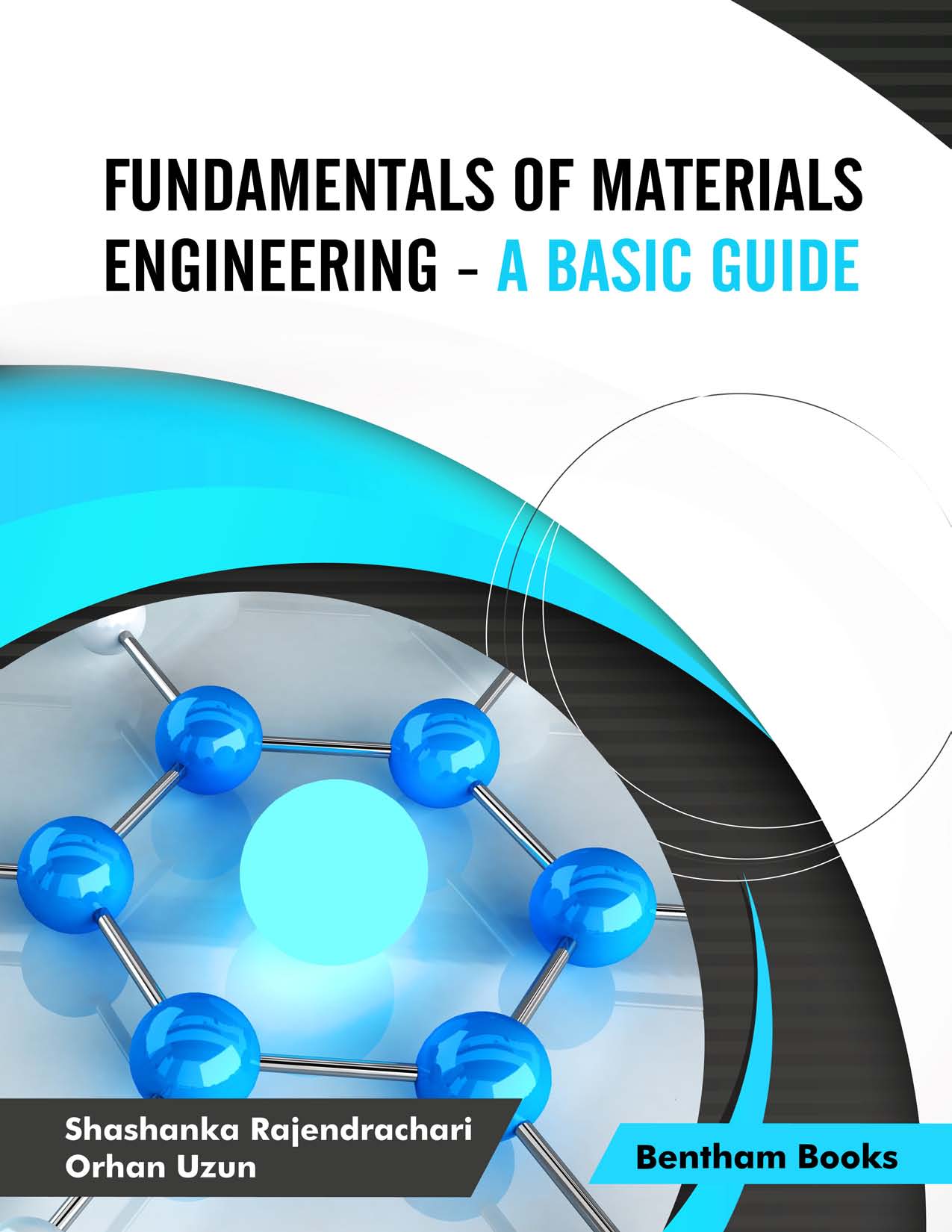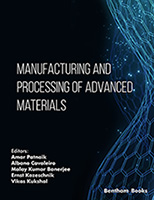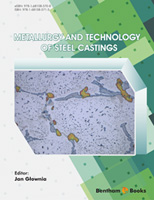Foreword
The materials engineering is an interdisciplinary subject that has no boundary between different areas of science like chemistry, biology, physics and various branches of engineering. The materials engineering helps us to understand the structure-property relationship at the atomic level. It is possible to tune the different properties of materials just by controlling their structures both at the microscale and atomic level. This area has numerous advantages and helps to understand the materials better. The study of polymers, ceramics, composites, alloys, their applications, atomic bonding, etc., come under materials engineering. It is well known that everything is a material and we are living in a materialistic world. Therefore, it is obvious that any academic curriculum in modern education must include materials science/engineering. It is also very important to provide suitable textbooks to students and researchers who are all working in materials engineering.
There are a handful number of materials engineering books available, but to understand their concept, one should know the basics of materials engineering. This book provides a greater platform to the students and researchers who choose their career in materials engineering. This book is simple to understand, properly described by a simple language and specially designed for beginners. This book comprise of a total of 8 chapters related to atomic bonding, crystal structures, imperfections, mechanical properties of materials, polymers, powder metallurgy, corrosion, and composites. The authors have described basic concepts of materials engineering in an effective and simple way so that everybody can understand these concepts easily.
If you want to learn the fundamentals of materials engineering/science then this book is the right choice. It provides sound knowledge for undergraduate, postgraduate and research students to explore the greater aspects of materials. I congratulate the authors for their excellent work and wish them good luck.
Debasis Chaira
Department of Metallurgical and Materials Engineering
NIT Rourkela
Rourkela
India




